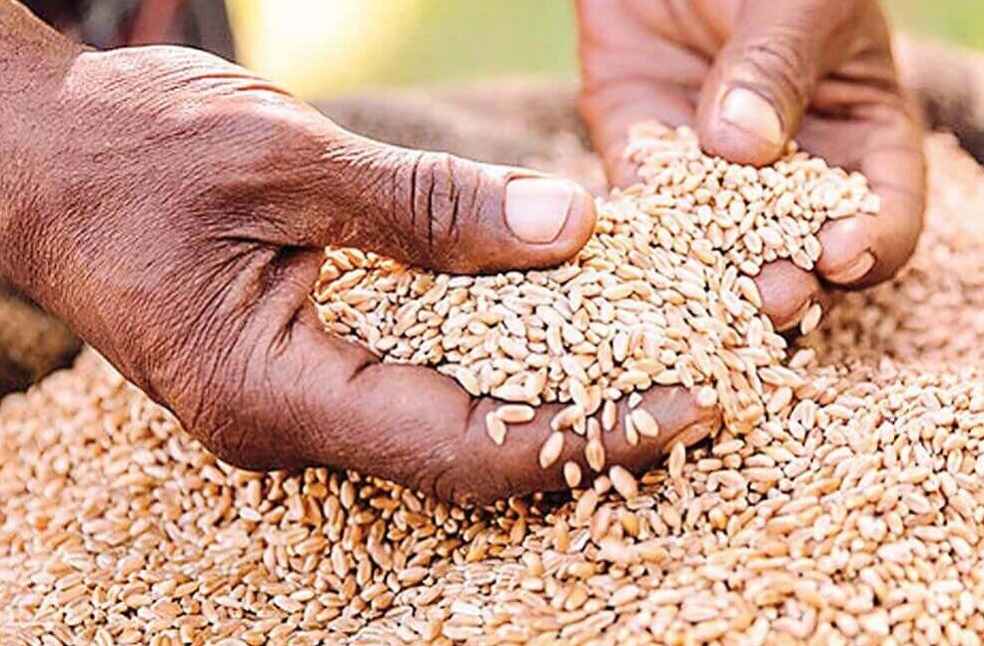The Agricultural Business Chamber of South Africa (Agbiz) has raised concerns over the potential impact of Donald Trump’s proposed trade policies, should he return as U.S President. Agbiz cautioned that Trump’s suggested tariffs, particularly a 20% levy on all imports and up to 60% on Chinese goods, could disrupt global agricultural trade if China retaliates.
Wandile Sihlobo, Agbiz’s chief economist, highlighted that a revival of tariffs could mirror the adverse effects seen in 2018, when retaliatory measures strained U.S. agriculture. “If China retaliates as it did the last time, the US soybean and maize farmers and pork producers would again be negatively affected. We could see this through disruptions in global grains and oilseed prices,” Sihlobo stated.

As the U.S is a major player in the global grain market, any disruption in its output has global repercussions. In 2018, China’s response to U.S. tariffs shifted its agricultural orders to Brazil and Argentina, impacting U.S farmers. Today, China remains the world’s largest agricultural importer, spending over $200 billion annually, with U.S exports closely competing with those from Brazil.
Sihlobo noted that, for now, South African farmers face minimal direct risk from U.S trade actions. However, increased U.S competition in South Africa’s export markets could exert price pressures, warranting close monitoring of U.S trade policy.

Amid trade uncertainty, Agbiz advises South African farmers to expand their export markets to reduce risk. Sihlobo remarked, “South Africa’s agriculture growth hinges on the country’s success in creating as many export markets as possible. In addition to retaining the existing export markets, BRICS remain one such avenue.”
GLOBAL ROUNDUP | Alabama Commerce Leads Bioscience Mission at MEDICA 2024



